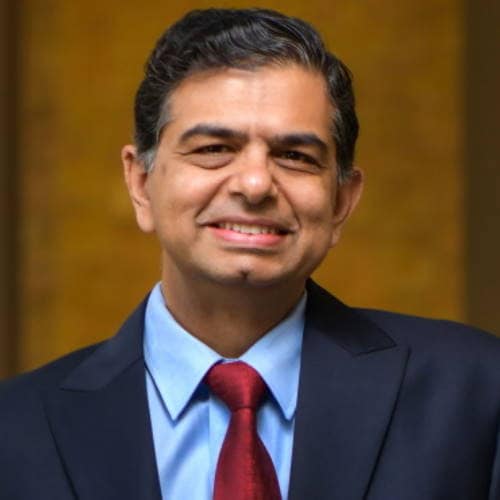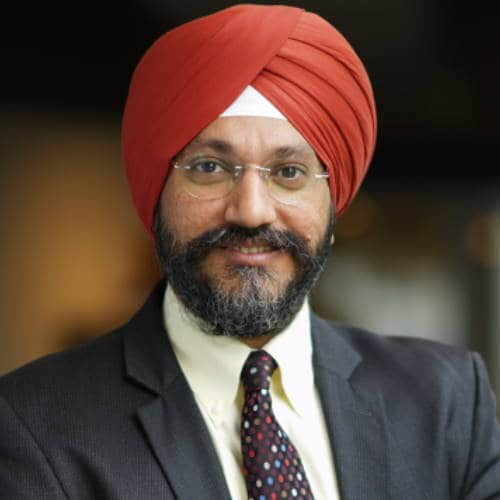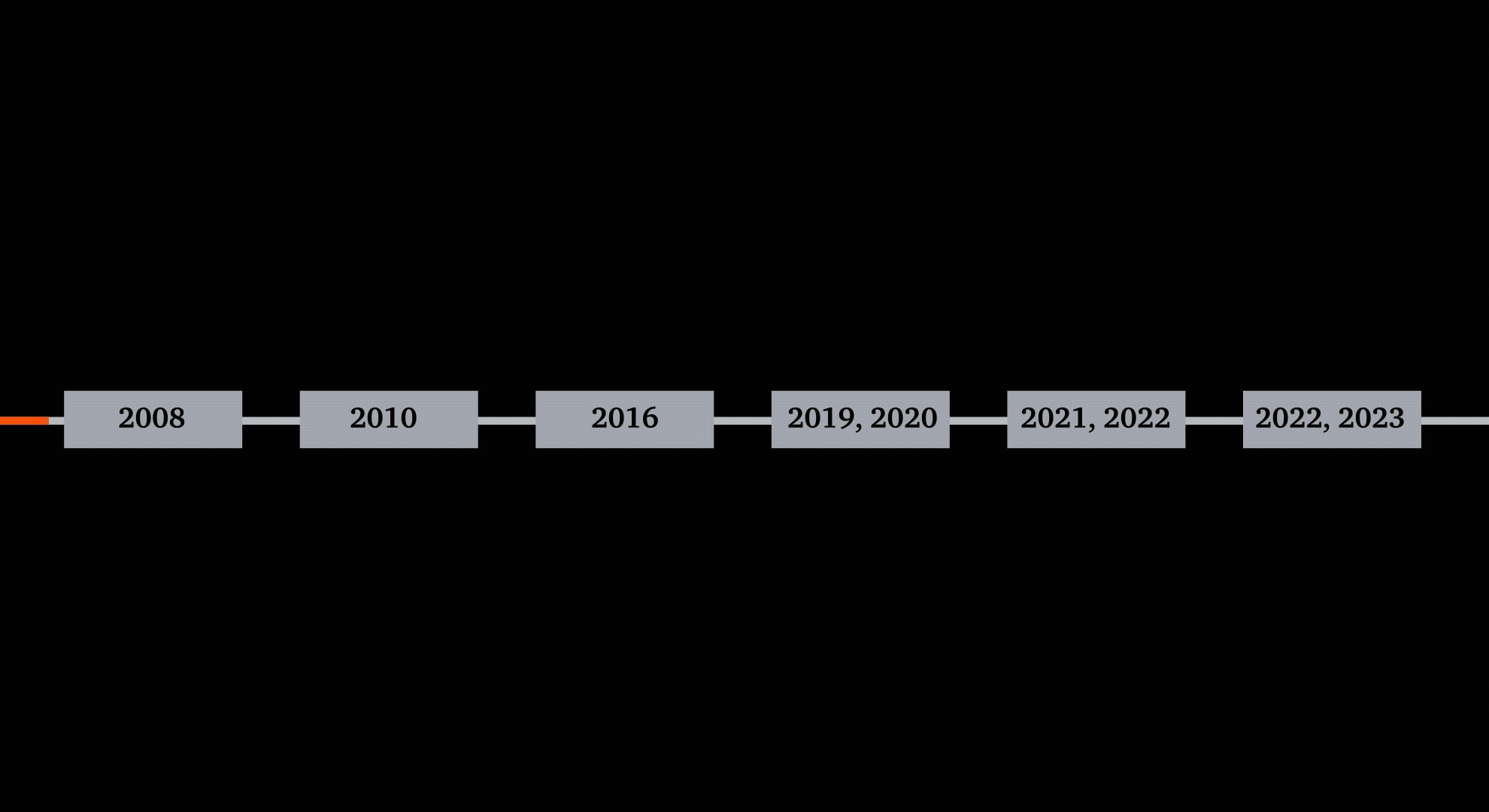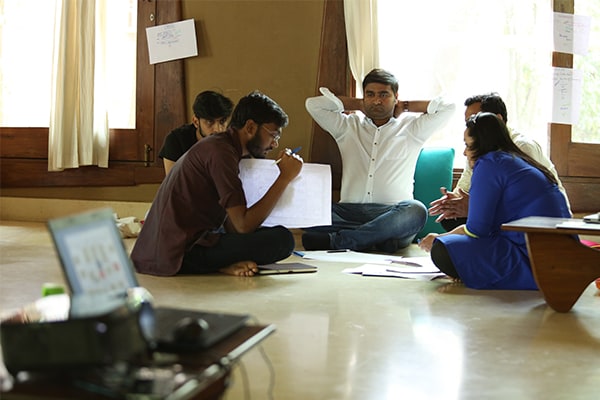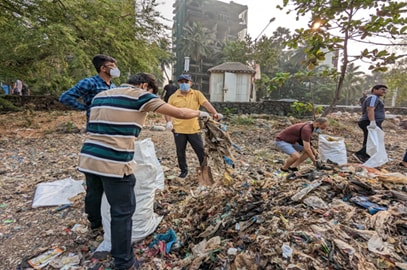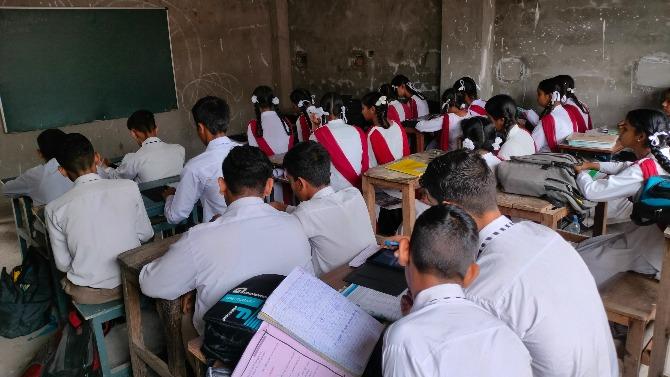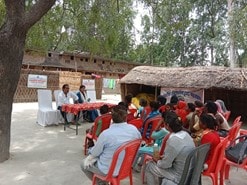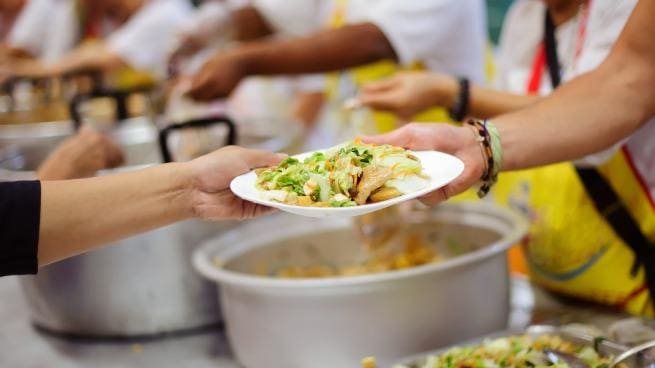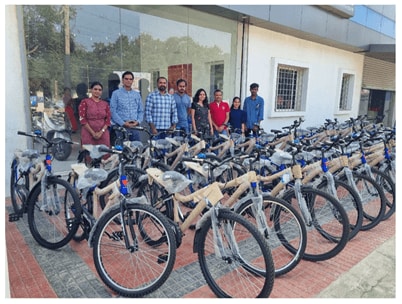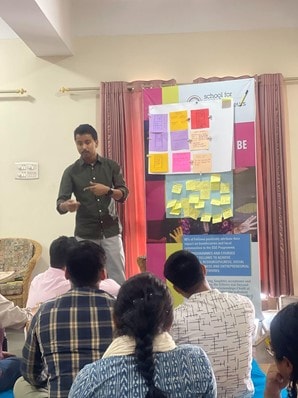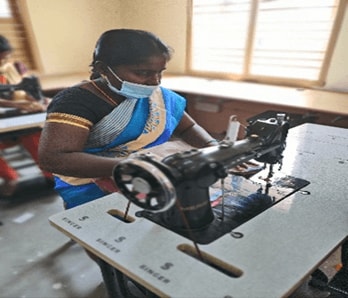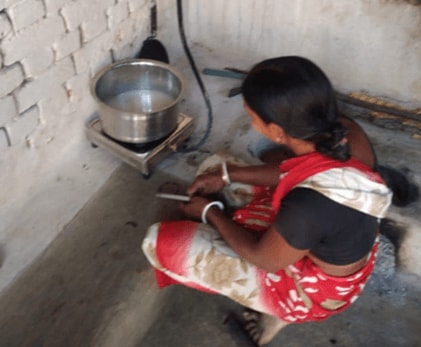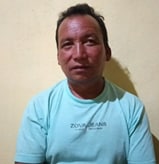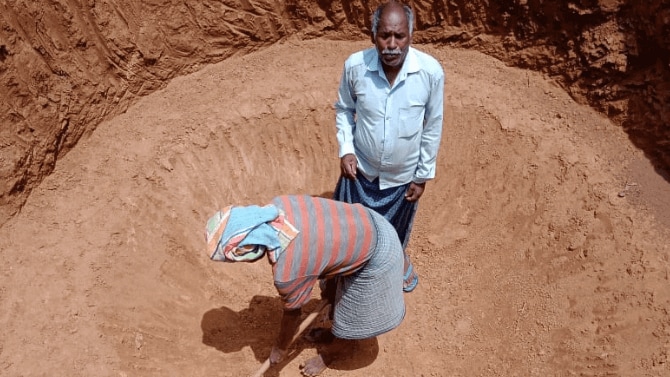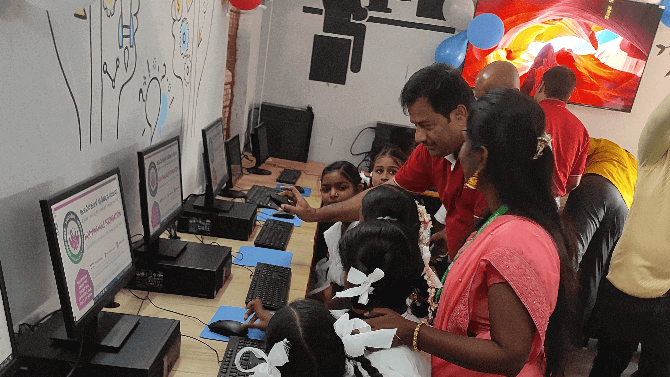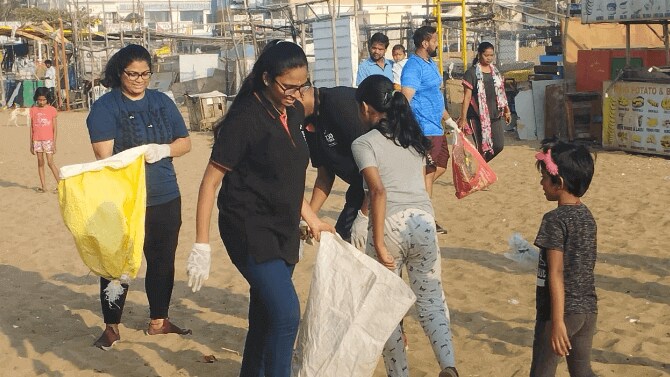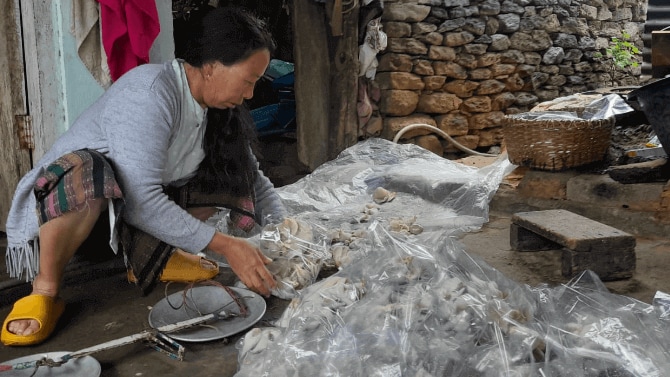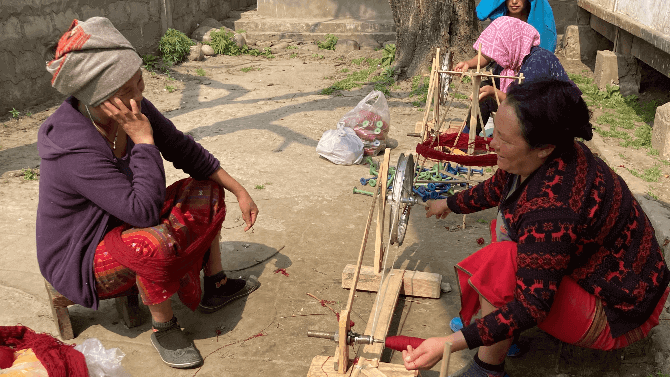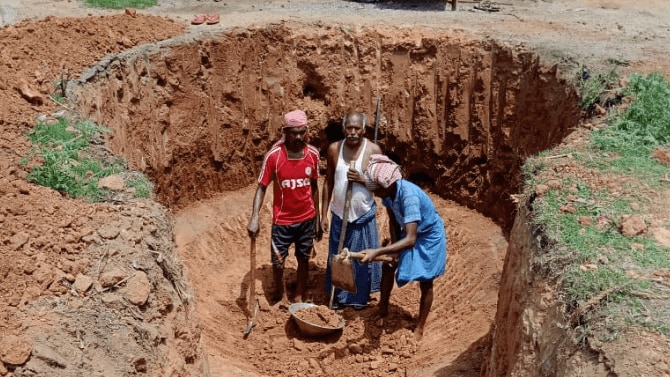Virudhunagar, Tamil Nadu - 97 beneficiaries were taught tailoring. 40 women started their own business and are earning approx. Rs. 3000-Rs. 8000 per month.
Khammam, Telangana - 250 Adolescent Girls were taught life skills such as problem solving, independent critical thinking and decision making etc. Programme focuses on critical knowledge on health, safety and human rights.
Yadgiri, Karnataka - Foundational skills built in in tribal children through 10 learning centers
Dahod, Ahmedabad - 40000 liters of rainwater harvesting and storage system built at KGBV Girls hostel
Gadchiroli, Maharashtra - Honey collectors trained on scientific extraction of honey. 830 kg of honey worth Rs. 1,66,000 extracted.
Gajapati, Odisha - Nearly 87 lakh m3 water will be recharged through the land development initiatives.
Ramgarh, Jharkhand - 250 families were introduced to the SRI technique of rice cultivation, Gobar Gas plants. Among them, 119 families planted 4000+ trees.
Sirohi, Rajasthan - Nutritional and economic status of 100 families was improved as they were introduced to cultivating their farmland twice in a year instead of just once.
Osmanabad - 312 students from nomadic community enrolled in the schools in 10 locations
Panchsheel Development Trust - 50 model farmers from the communities displaced by the changing course of river Ghaghara in Bahraich, Uttar Pradesh were helped with training on riverbed farming. 50 other families were given goats for livelihood.









